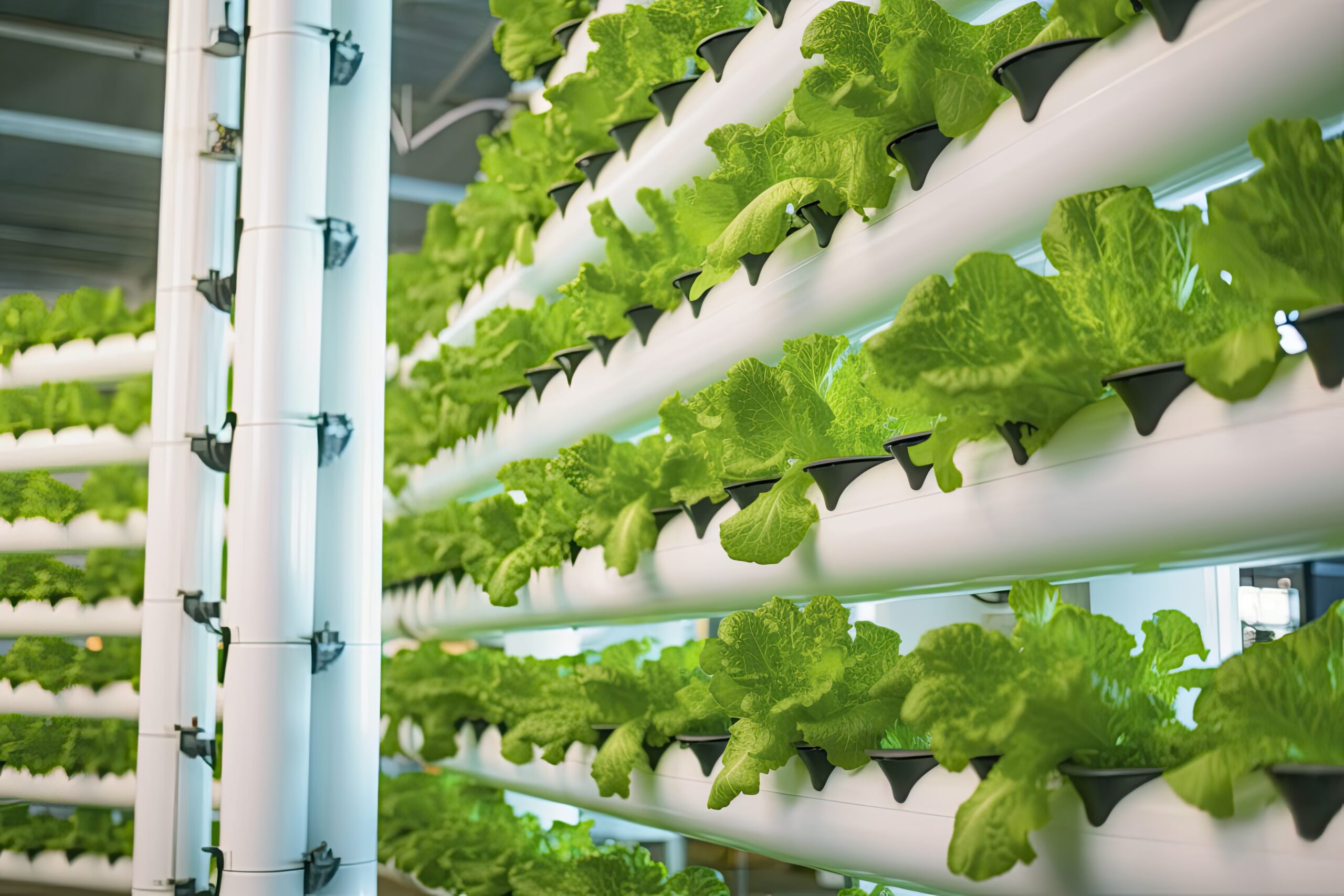By MARCIA BROWN
A sesame seed bun packed with lettuce, tomato, onion and a patty grown in a lab with Washington’s help.
This is the future of American food, according to a nascent industry that’s firing up a network of lobbyists, trade groups and new campaign spending with an eye towards the 2023 farm bill — a motherlode of funding for meat and agriculture industries.

The companies, whose cultivated chicken is now on the menu at restaurants in D.C. and San Francisco, say venture capital money won’t be enough. Now, well before it’s clear whether Americans want to give up traditional hamburgers, they’re jumping into Washington’s influence ecosystem and pressing Congress to expand their access to public financing from the Agriculture Department.
“Some country is going to decide to lead the way in creating alternative proteins and creating meat and egg and dairy from plants and precision fermentation and through cultivating cells,” said Josh Tetrick, CEO of Eat Just, which makes one of the two cultivated meat products greenlit by regulators for public consumption this year. “We need to ask ourselves whether we want to be buying food from some other country decades from now or would we rather just produce it ourselves.”
Lab-grown — or cell-cultivated and cell-based, as the industry prefers — meat is developed from cells drawn from live animals, combined with a nutrient mixture of proteins and vitamins, and cultivated in large vats that resemble beer breweries.

Although it remains a time-intensive and expensive process, the industry is pitching the technology as a relief for several challenges in American agriculture. Proponents say lab-grown meat can address supply chain and land use problems, alleviate greenhouse gas emissions and improve animal welfare. In reality, their arguments aren’t clear cut yet.
New research reveals the process for making the meat could generate a larger carbon footprint than conventional ranching, and arguments that the products are vegan are often met with skepticism.
The farm bill only comes around every five years, so the last time Congress negotiated one, lab-grown meat — and the messaging game around it — was still in its infancy. Lobbying records show only two organizations in the space hired K Street firms in 2018.
That’s turned around in the past three years: A handful of the most prominent companies formalized a trade group at the end of last year, the Association for Meat, Poultry and Seafood Innovation. A nonprofit, Food Solutions Action, has sprung up to woo lawmakers with campaign donations and experienced lobbyists meant to help usher lab-grown and plant-based products through regulatory hoops and secure taxpayer support.

** Click here to read the full-text **









